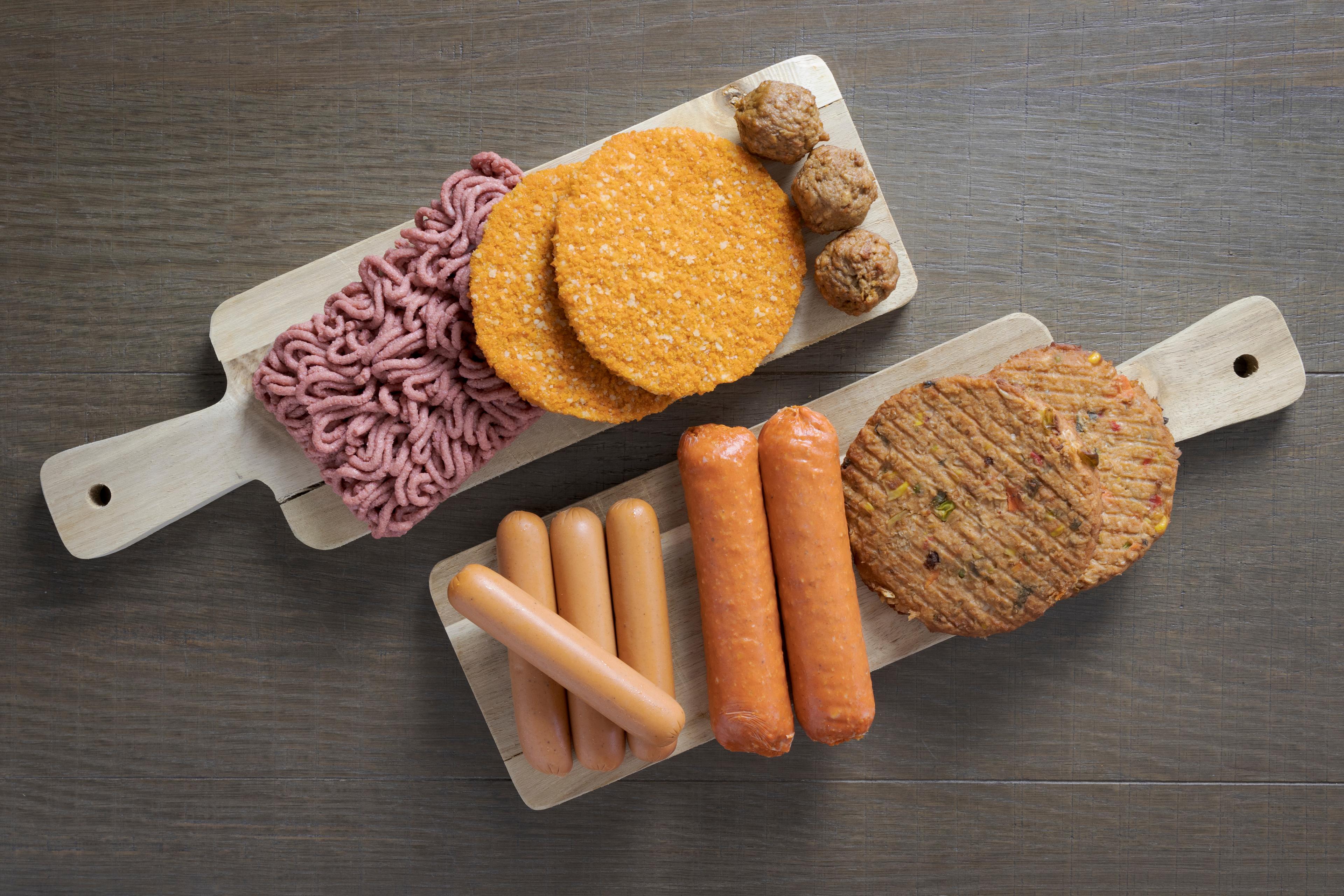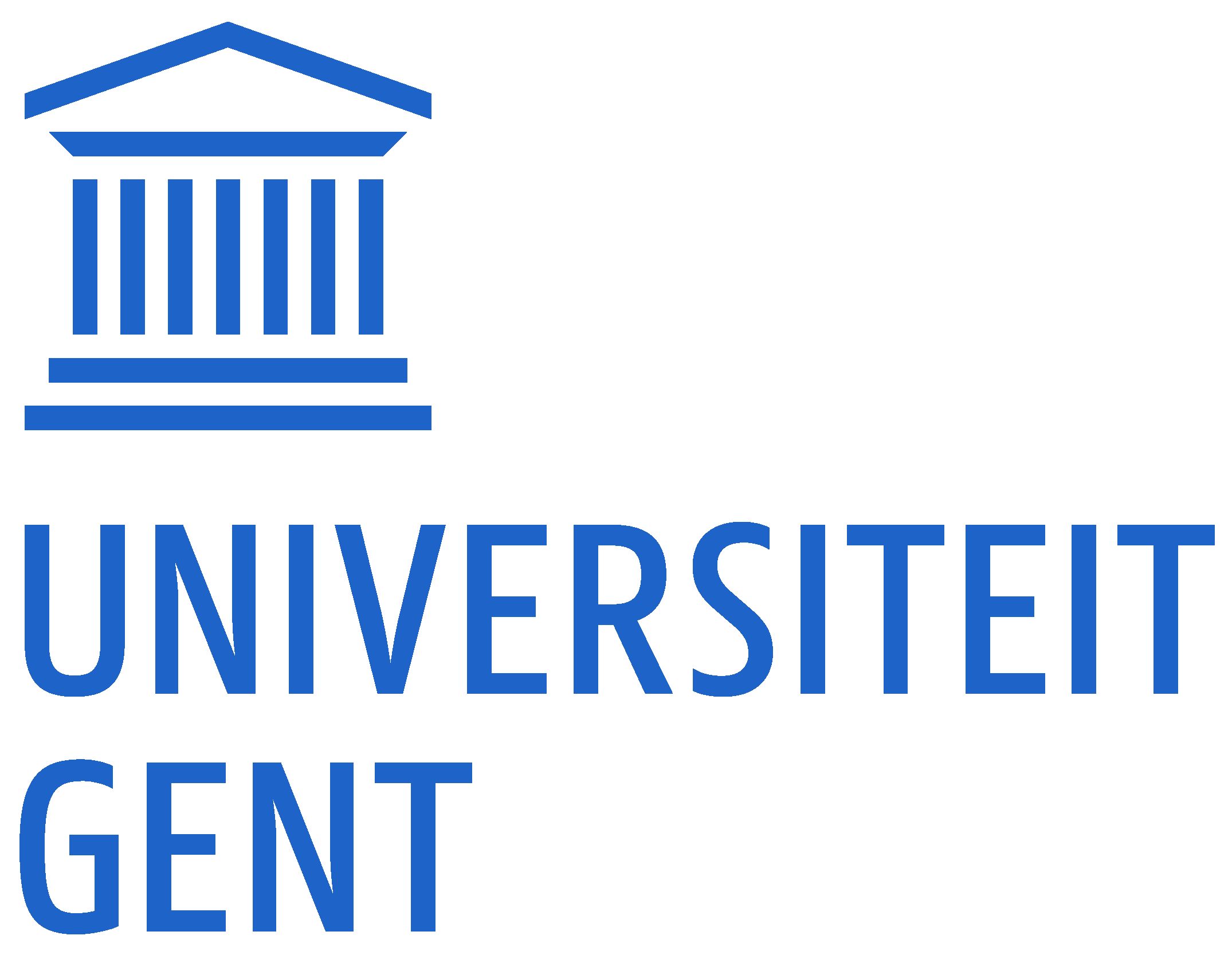ProFuNu
With support from:


Investigating the impact of the processing steps for alternative protein sources on their nutritional and techno-functional quality, oxidative stability and health effect.
Why this project?
In recent years, meat has increasingly been replaced by alternatives for social, sustainability or health-related reasons. So-called meat analogues, which are made entirely of an alternative protein source, and hybrid products, in which only the meat element has been replaced, are therefore gaining in popularity. But there is still an issue as to whether the many processing steps these new proteins undergo have a negative impact on their quality and on the health of consumers. Especially when compared to meat of animal origin, which is still an important source of high-quality proteins, vitamins and minerals.
The ProFuNu project wants to clarify this. The impact of different processing steps that alternative proteins undergo on their quality, oxidative stability and health effects will be studied and objectively compared with meat.
Research approach and expected results
ProFuNu is a collective, fundamental research project (type SBO) with the aim of increasing knowledge on the effect of processing peas, mealworms, Spirulina and mycoprotein on the nutritional and techno-functional quality, oxidative stability and health effects of these proteins and (hybrid) model products. There will also be a comparison with pork. Processing steps will include the production of protein meal, concentrate and isolate, and High Moisture Extrusion and enzymatic crosslinking as texturisation techniques.
Specifically, the study consists of the following parts:
Gaining insights into the effect of processing techniques used for alternative protein sources on their techno-functional quality. Properties relevant to meat and meat analogues, such as protein solubility and gelling properties, will be studied.
Gaining insights into the effect of processing techniques used for alternative protein sources on their nutritional quality. Not only will we look at the levels of amino acids, minerals, vitamins and anti-nutritional factors, but we will also investigate how the hydrolysis of proteins is affected by processing (through in vitro tests), the effect on the absorption of minerals and vitamins (through in vivo tests) and whether processing has an effect on allergenicity.
Understanding the effect of processing techniques used for alternative protein sources on oxidative stability, as protein oxidation can affect the quality and health aspects of products. Oxidative stability will be monitored after various processing steps and during digestion.
Gaining insights into the effect of processing techniques used for alternative protein sources on intestinal health. In addition to protein oxidation, which will be monitored in vitro, in vivo tests will show the effect of alternative proteins and their processing on the microbial composition of the gut, protein fermentation, inflammation processes and oxidative stress.
Target group
On the one hand, the project is aimed at ingredient suppliers with alternative proteins in their range who are interested in optimising their production processes so that proteins of optimal nutritional and functional quality are obtained. This project is also extremely interesting for the producers of meat analogues and hybrid products; the results will enable them to make end products that fulfil customer requirements and support customer health needs. Irrespective of the outcome of this project, meat processors will also benefit from the insights gained as they will help them to position meat as a high-quality nutritional product in the market or develop hybrid or alternative products in the future. Producers of extraction and extrusion equipment, in turn, will be able to optimise their techniques based on the results of ProFuNu. Finally, since the investigation is focussing on whether processing has a significant effect on protein oxidation and whether enzymatic crosslinking has a favourable impact on quality, suppliers of additives and enzymes also belong to the project’s target group.
With this project, we would like to generate scientific knowledge to feed the discussion on meat and meat alternatives in an objective way. In time, this information will help companies develop products that meet customer needs and strengthen their market position.
Project partners
Flanders’ FOOD manages and coordinates the research project. Responsibility for the execution lies in the hands of:
- The Laboratory for Animal Nutrition and Quality of Animal Products (LANUPRO) of Ghent University (Prof. Dr. Stefaan De Smet and Dr. Thomas Van Hecke)
- The Technology and Nutrition Unit of ILVO (Dr. Geert Van Royen)
- The RADIUS research group of Thomas More (Dr. Sabine Van Miert)
- The research group for Technology and Quality of Animal Products (TQAP) of KU Leuven (Prof. Dr. Ilse Fraeye)
- The Laboratory for food technology (LFT) from KU Leuven (Prof. Dr. Tara Grauwet)
- The research group Enzyme, Fermentation and Brewery Technology (EFBT) of KU Leuven (Prof. Dr. Ilse Van de Voorde and Prof. Dr. Florian Weiland)
Participation?
Has this project piqued your interest? Good news! Want to participate in the Industrial Advisory Board? Please feel free to contact Trui Luyckx or Ellen Fierens from Flanders’ FOOD for more information.
Contact

From apple tree to innovation: meet B3ET

Sustainable animal feed from sweetcorn cobs: meet Trotec







